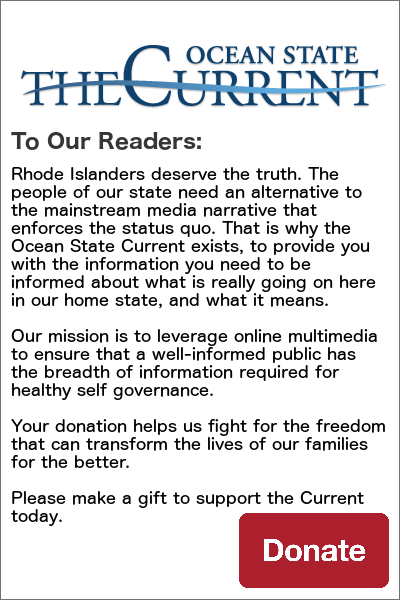Some Good Ol’ Masculine Self Reflection
Michael Ian Black, whose bio line says he’s “a comedian, actor and author,” has an essay in the New York Times that attempts to shift some of the blame for school shootings away from guns:
I used to have this one-liner: “If you want to emasculate a guy friend, when you’re at a restaurant, ask him everything that he’s going to order, and then when the waitress comes … order for him.” It’s funny because it shouldn’t be that easy to rob a man of his masculinity — but it is.
Last week, 17 people, most of them teenagers, were shot dead at a Florida school. Marjory Stoneman Douglas High School now joins the ranks of Sandy Hook, Virginia Tech, Columbine and too many other sites of American carnage. What do these shootings have in common? Guns, yes. But also, boys. Girls aren’t pulling the triggers. It’s boys. It’s almost always boys.
America’s boys are broken. And it’s killing us.
In fairness, Black makes clear that he doesn’t really blame the boys — that it’s a societal shortcoming — but his is one of those frustrating essays that sits on the border of seeming, itself, emasculated and of exhibiting an appropriately masculine response.
I believe in boys. I believe in my son. Sometimes, though, I see him, 16 years old, swallowing his frustration, burying his worry, stomping up the stairs without telling us what’s wrong, and I want to show him what it looks like to be vulnerable and open but can’t. Because I was a boy once, too.
The problem is that society watches the boy stomping up the stairs and feels like it has to get him to respond more like a girl would and to think about his feelings and express them. As someone who has self-expression at the center of his identity, I certainly know that it can be healthy, and most people will find some mix of contemplation and action to suit their personalities, but the more masculine way to teach boys to address problems is to help them channel frustrations into doing something.
You’re angry. Use that. Maybe the action that you take will require addressing the problem that’s frustrating you, which will require some self-reflection. But “being vulnerable and open” in that case is framed as an action, as part of the fix. Emoting isn’t the point.
Alternatively, sometimes our best strategy is to channel frustrations into something else altogether. You’re frustrated at X and can do nothing about it, so take that energy for Y.
The crisis we’re now facing is that our feminized society forecloses many of those channels. Boys with too much energy are drugged in schools. Sports that look aggressive have come under fire, and we’re now several generations into the Title IX project to require bean-counting equality in the number of sports on college campuses.
A kid who wants to turn his boyish frustration into some intellectual pursuit and the heroism of curing some disease or something might find that — sorry, pal — the mission of the moment is promoting women in STEM (even if they aren’t as interested).
Black’s straw-man joke about ordering food illustrates the thinking. He relies on the assumption that ordering for one’s self really is all there is to masculinity. That’s baloney.
Even if a real life situation might play out that way, the problem is that the woman in the story is setting out to emasculate her “guy friend,” not that men are bound up in their ability to order food. The difficulty sets in because society has told the guy that any sort of response would be “toxic masculinity,” whether it’s aggressive or good natured. If he attempts to win the encounter, it’s an indication of misguided testosterone.
People who share Black’s thinking can’t see any way forward for masculinity except to evolve it in a feminine way. If only they’d take the time for some productive self reflection.


